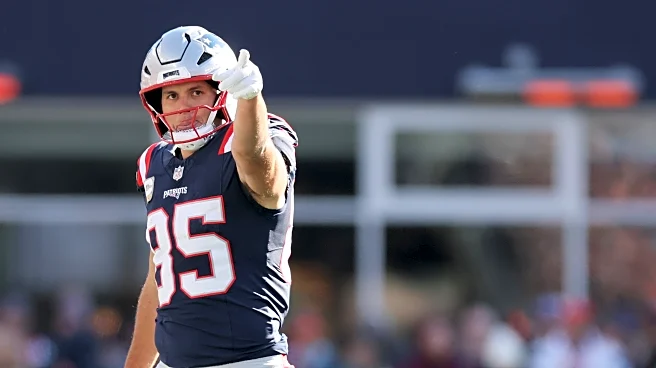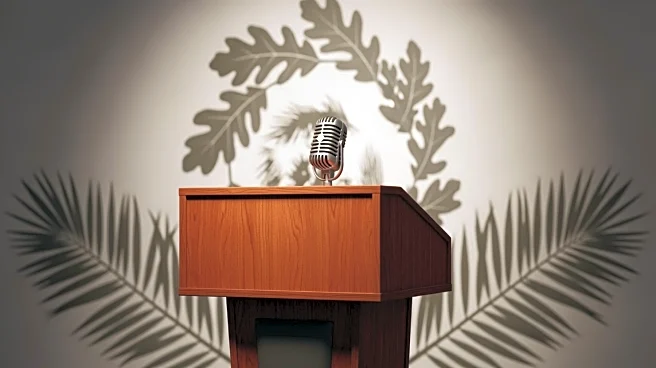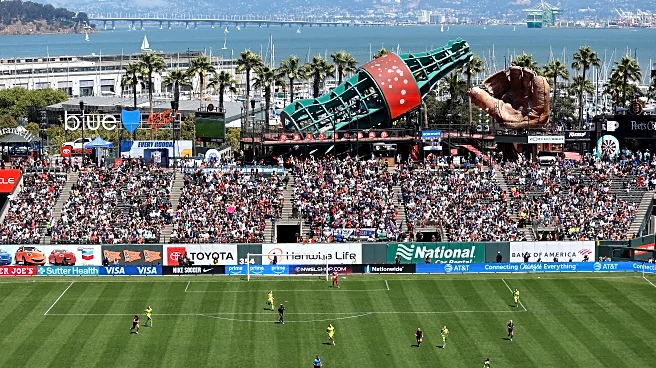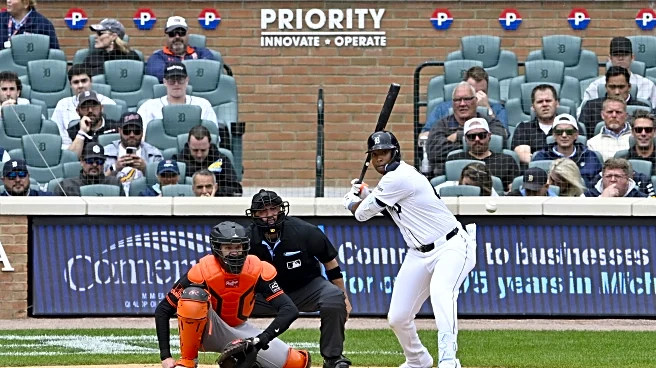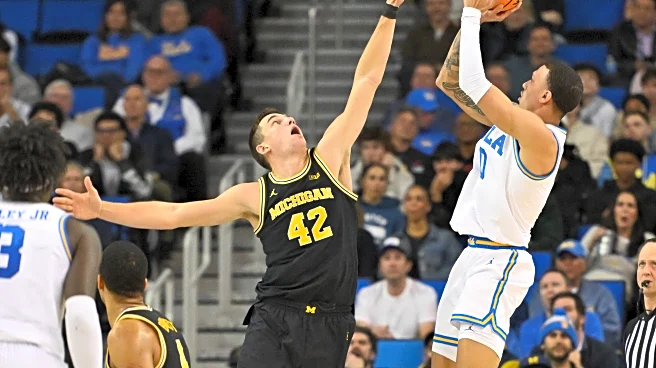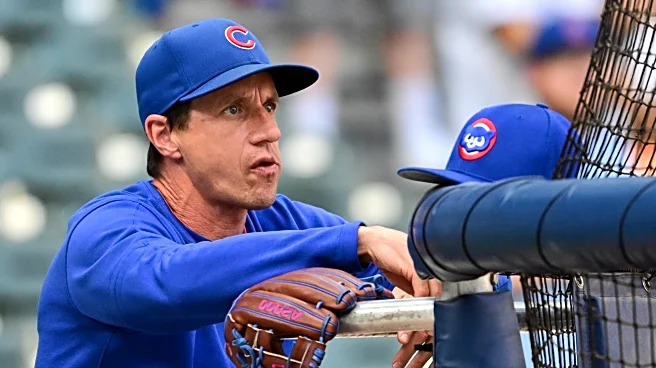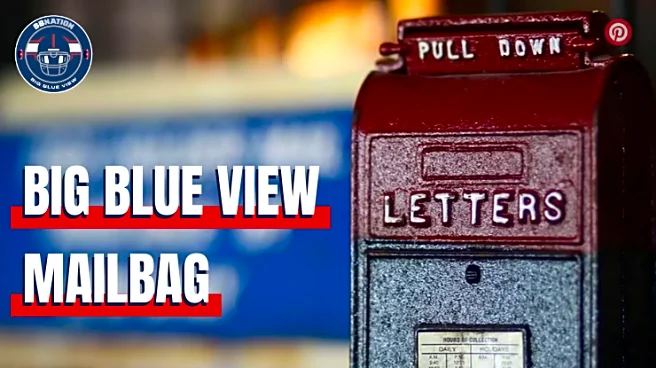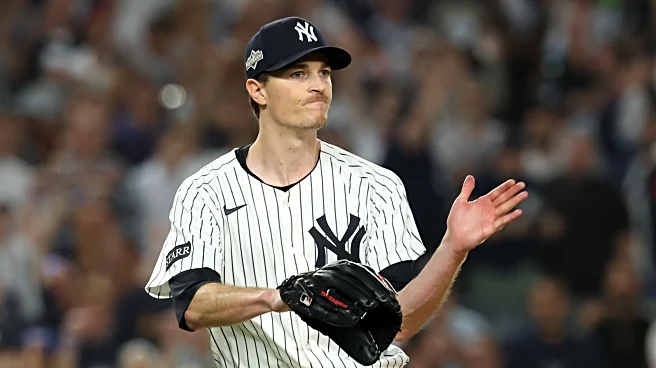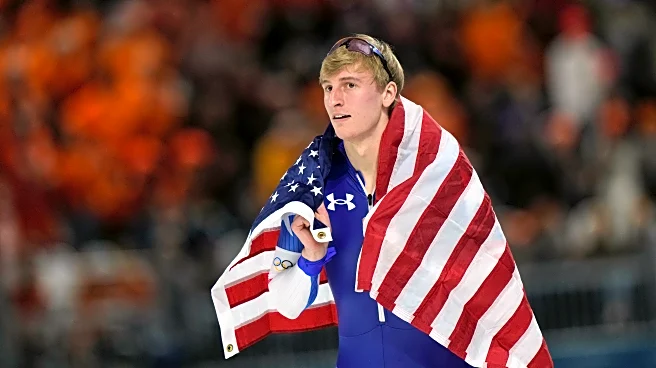Ahead of this year’s training camp, New England Patriots head coach Mike Vrabel explained that he was looking at his team’s performances in three categories. There is the good, the bad, and, as he called it, the s—t that gets you beat.
The Patriots’ 24-23 win over the Atlanta Falcons on Sunday saw a bit of everything in that regard. There was some definitive good football, especially early on, but the team lost momentum in the late second quarter and only barely hang on in the end.
And so, if the coach
wants to look at the Patriots through the three categories he established, who are we to disagree? Let’s break down the Week 9 game in exactly that manner.
The good: Third down success
Even though the game turned into a dog fight down the stretch that easily could have ended with a different result, the Patriots were able to withstand the Falcons’ second-half rally to extend their streak to six straight wins. The basis for that was laid in the first half, and in particular the performance on third down.
In the first 30 minutes — or 29:30 if you want to exclude Drake Maye’s lost fumble that started the momentum shift later in the game — the Patriots dominated the Falcons in third down situations. Whereas Atlanta was unable to move the chains on a single one of its four tries, the Patriots went 5-for-6, including their longest play of the day, a 58-yard hookup between Maye and DeMario Douglas.
New England was unable to quite maintain its pace over the second half, but the team still managed to hold Atlanta to 1-for-6 while going 3-for-6 on offense. The Patriots also moved the chains on a pivotal 3rd-and-5 inside the two-minute warning, with Maye and Hunter Henry teaming up to put the game away.
“Too many second-and-longs. Too many times we put ourselves in long-yardage, but we converted. We were good on third down, even with that,” said Mike Vrabel after the game.
The numbers also show this. Whereas the Patriots performed above their season averages on third down on both offense and defense against the Falcons, Atlanta failed to reach its previous numbers on either side of the ball.
The bad: Red zone defense
The Falcons offense entered Sunday’s game as one of the worst offenses in the NFL inside the opponent’s 20-yard line. Their red zone success rate of 45% ranked them 29th in the league. Luckily for them, they were set to go up against the worst red zone defense in the league, a unit allowing touchdowns on a whopping 70.6% of trips over its first eight games of the year.
New England had its chances to improve that number, but once again fell flat in the red zone. In three trips, the Falcons were able to score three touchdowns — all of them pass plays to wide receiver Drake London. With just this one game, the team managed to climb to 22nd in the league in red zone percentage.
The Patriots, on the other hand, have now given up touchdowns on three quarters of their 20 red zone opportunities this season.
“Need to take care of the football and be better defensively in the red zone,” Mike Vrabel said during his postgame press conference. “That’s been our issue, and they made some good plays down there. But we’ve got to be better in the red zone.”
If they do not improve over the second half of the season, they will finish 2025 as the worst Patriots red zone defense since charting began in 1998.
The s—t that gets you beat: Quarterback hits
Drake Maye fumbling the football late in the second quarter was a turning point in the game. Not only did it set up a Falcons touchdown, it also disrupted the momentum New England’s offense had built on its way to a 21-7 lead. And while the club managed to hang on in the end, that play itself was indicative of a bigger problem: Maye is taking too many hits.
On Sunday, he was hit on 11 different plays: he was sacked six times and tackled on five different scramble attempts. Even for a quarterback with clear dual-threat ability and the appropriate build, absorbing contact on more than one fourth of dropbacks is far from ideal and something the Patriots need to fix.
It starts with pass protection not giving up quick pressure like it did on that fumble — Mike Onwenu missed a line game on that particular play — but also includes Maye being a) more willing to just throw the ball away, and b) more careful in run situations. He knows it, too.
“I just revert back to my natural instincts in the open field,” he said after the game. “But, yeah, I need to get down.”
Due to a combination of pocket movement and pass protection lapses, Maye has now been sacked 34 times this season. Only Tennessee Titans rookie Cam Ward (38) has been taken down more often.
